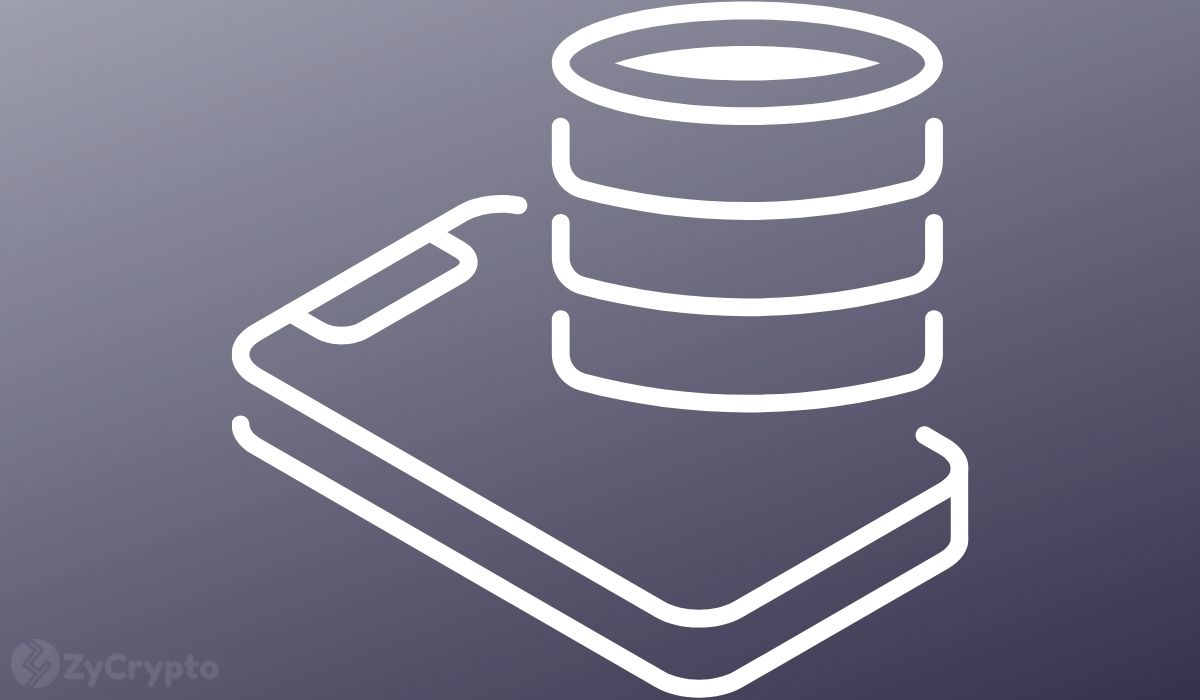- A new study shows that CBDCs could make retail payments cheaper and more efficient with the right technology.
- The study carried out by the Bank of International Settlements and the Bank of England backs CBDCs for a digitized economy.
- Despite the successful trial, the Deputy Governor of the Bank of England insists that Britcoin is still “some years away”.
The report from Project Rosalind shows that Central Bank Digital Currencies (CBDCs) are beneficial to a digitized economy, especially a two-tier CBDC model.
The Bank Of England, alongside the Bank of International Settlements, embarked on a joint experiment in July 2022 to determine how an application programming interface (API) could be deployed in retail CBDC transactions. The report was released on June 16 and states clearly that CBDCs make payments between individuals and businesses less expensive.
According to the report, a two-tier CBDC model will allow firms to create new financial products to reduce fraudulent activities. There are widely two systems for launching CBDCs: single-tier and double-tier. The Central Bank fully operates the single-tier model, while the two-tier model leverages financial institutions making it more decentralized.
The Central Bank provides core infrastructure, while private firms handle service providers through APIs. Project Rosalind explored how these APIs would improve the overall experience of the digital currency. An intriguing discovery in the report is the way the model would drive adoption with its numerous use cases, explore decentralization and create an interoperable model.
The study developed 33 API functionality with over 30 CBDC use cases, including its deployment on smartphones, vendors, and retail stores.
Britcoin is still years away
“The Rosalind experiment has advanced central bank innovation in two key areas: by exploring how an API layer could support a retail CBDC system and how it could facilitate safe and secure CBDC payments through a range of different use cases,” Francesca Road, Head of BIS London said in a statement.
With success recorded in Rosalind, many observers say that all roadblocks have been removed, paving the way for UK’s Central Bank’s Digital Currency, popularly called Britcoin. However, the deputy Governor of the Bank of England, Jon Cunliffe, had pushed the date further when he stated that the country’s launch of the currency “is still years away.”
According to a Bloomberg report, Cunliffe, while addressing financial experts at Politico’s Global Tech Day that the possibility of a CBDC rollout stands at “seven out of ten.”







